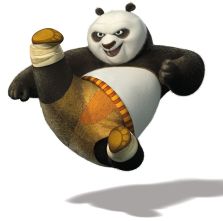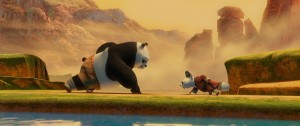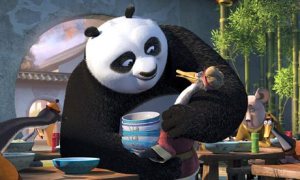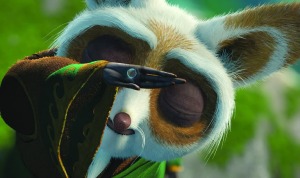As this is my first blog entry ever I wanted it to be something current and interesting, hence I chose the most common thing I could think of that was science related, and of course it is the movie that everyone’s been talking about: “The Theory of Everything”.
Since its release on January 1st earlier this year, it has caught the widespread attention of the media and many people, whether interested in science or not, most likely due to the jaw-dropping trailer that promises it to be a major motion picture (perhaps in the league of a James Cameron film?) and the facsination of the world renowned and very famous Professor Stephen Hawking. Funnily enough our school assembly this morning was about the film, encouraging us to watch it whether our knowledge of physics was to university level or, and I quote, “just about the extent of where to stand underneath the shower”- in my opinion this goes without saying, (although it should be said for those of you who have doubts) and I’m sure plenty of non-scientists over the world are eagerly buying their tickets right now. 🙌👏
For those of you who don’t know or haven’t heard about The Theory of Everything yet (how could you not!??) it is the story of Stephen Hawking’s life whilst studying for a PhD at Cambridge University (Trinity Hall to be exact👌), how he became diagnosed and battled with motor neurone disease, the release of his legendary book, “A Brief History of Time” and his relationship with his first wife, Jane Wilde- rather a lot to digest isn’t it? Which is probably why it makes this drama so special and unbeatable in these respects.
Now I have always been a fan and an admirer of Stephen Hawking, who is widely considered to be the best physicist since Einstein and Newton, and this is definitely no exaggeration. I was surprised when my dad told me that he personally “knew” Steven Hawking in the 1980s when he was studying for a PhD in international and business law at Darwin College, Cambridge himself- around the time when Hawking was Lucasian Professor of Mathematics at the university. In reality he only saw Hawking and his wife, who pushed him in his wheelchair around campus and the closest contact he had to him was a few unreturned hellos, (of course, he wasn’t able to speak then- watch the film for more details) and perhaps a little small talk with Jane Wilde, so nothing to be too jealous about, but I was certainly envious that he had the opportunity to see this genius in real life! I don’t know what I would’ve done if I was able to see him- first of all I’d probably cry and then ask him if I could give him a hug 😊
I have always been one to read good biographies of the people who I admire and am interested in (currently reading the very large “An Unfinished Presidency” by Robert Dallek- regarded as one of the best biographies around of President John F Kennedy, President Obama’s “The Audacity of Speech” and Malala Yousafzai’s “I am Malala” and so predictably I was delighted to find out that Hawking published another book, his autobiography “My Brief History” in 2013, and a very interesting and illuminating read it is. This book really gives the audience a first person insight to how his life was and what his life was like, particularly after his disease, but not quiite as powerful and moving in the way that the drama, the “Theory of Everything” portrays it to be- although this is subject to personal opinion.
However there has always been one question that has bothered me regarding Hawking: even though he is the top and most well known physicst of the modern age, how could he not have been given a Nobel Prize in Physics already, the most sought after and prestigious award that could be given to any scientist in the field? I googled this last night and most popular reason according to the sources was “due to the lack of experimental evidence in his major theories” such as his work on Black Holes. This does make sense, and a similar example of this would be that Einstein did not receive the Nobel Prize in physics for his groundbreaking Theory of Relativity, but for his Photoelectric Effect instead, although if I was a certified and qualified judge in the Nobel Committee, Professor Stephen Hawking would definitley have been awarded the Nobel Prize years ago. Others go as far as calling this an injustice (and I personally agree to an extent), comparing this to the Nobel Committee in Norway being arrogant enough to not give Ghandi the Nobel Peace a Prize for a number of years, despite being consistently nominated for the award until his assassination. Why he didn’t get the prize bewilders the majority of people to this day.
So…I think I have written a sufficiently long first entry that has snatched away an hour of my homework time from my Tuesday evening, so I’ll let you guys get back to whatever you were doing before you saw this blog asap ;). I am sure that this won’t be the end you’ve heard from me on the legend Professor Stephen Hawking and his movie… By the way, I have yet to see this remarkable film- I made it seem like I’ve seen it multiple times haven’t I? Hahaha well no, I can’t wait to watch it, and my dad and I shall hopefully be able to see it this weekend together- he refused to take me last weekend because it was raining.





 – Jiao Di
– Jiao Di  – Kung Fu
– Kung Fu – Boxing
– Boxing – Karate
– Karate